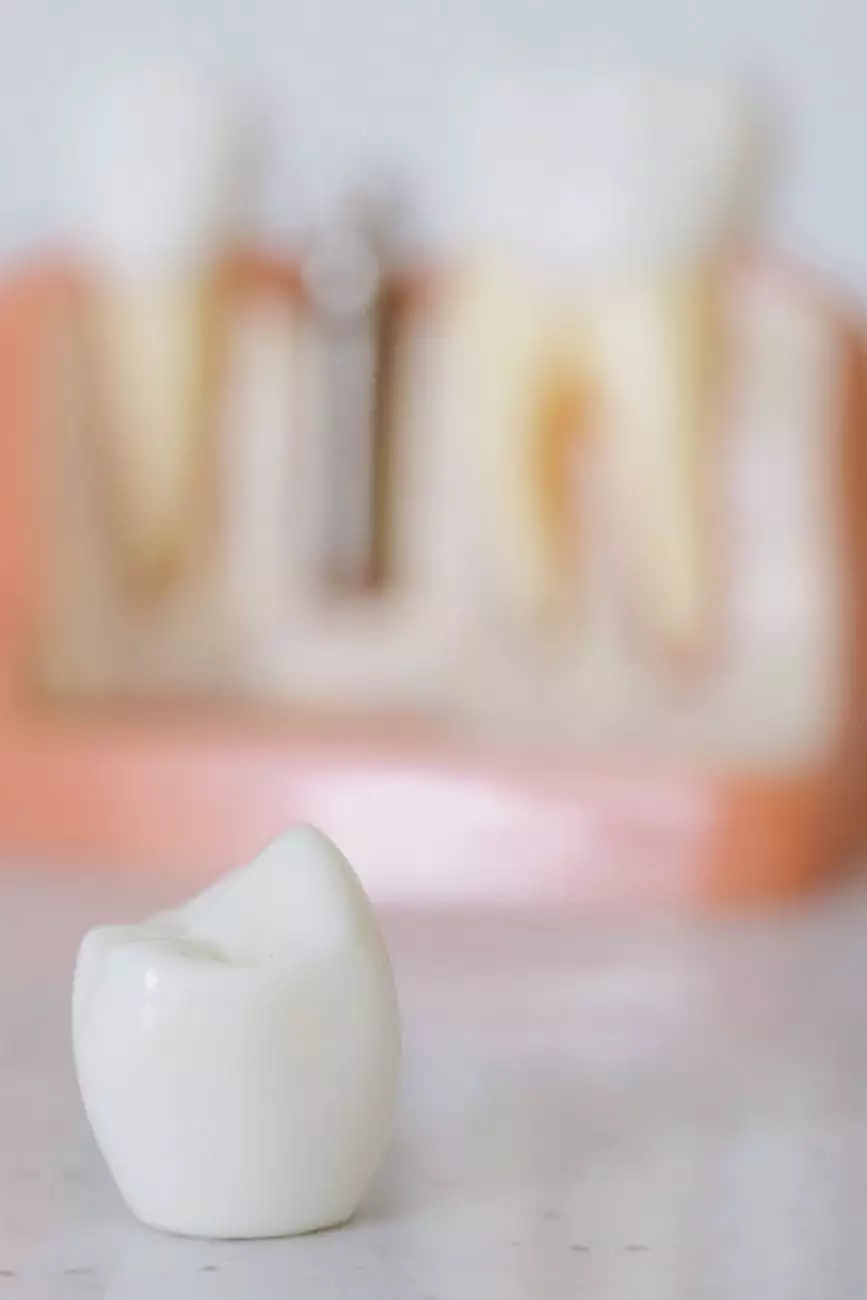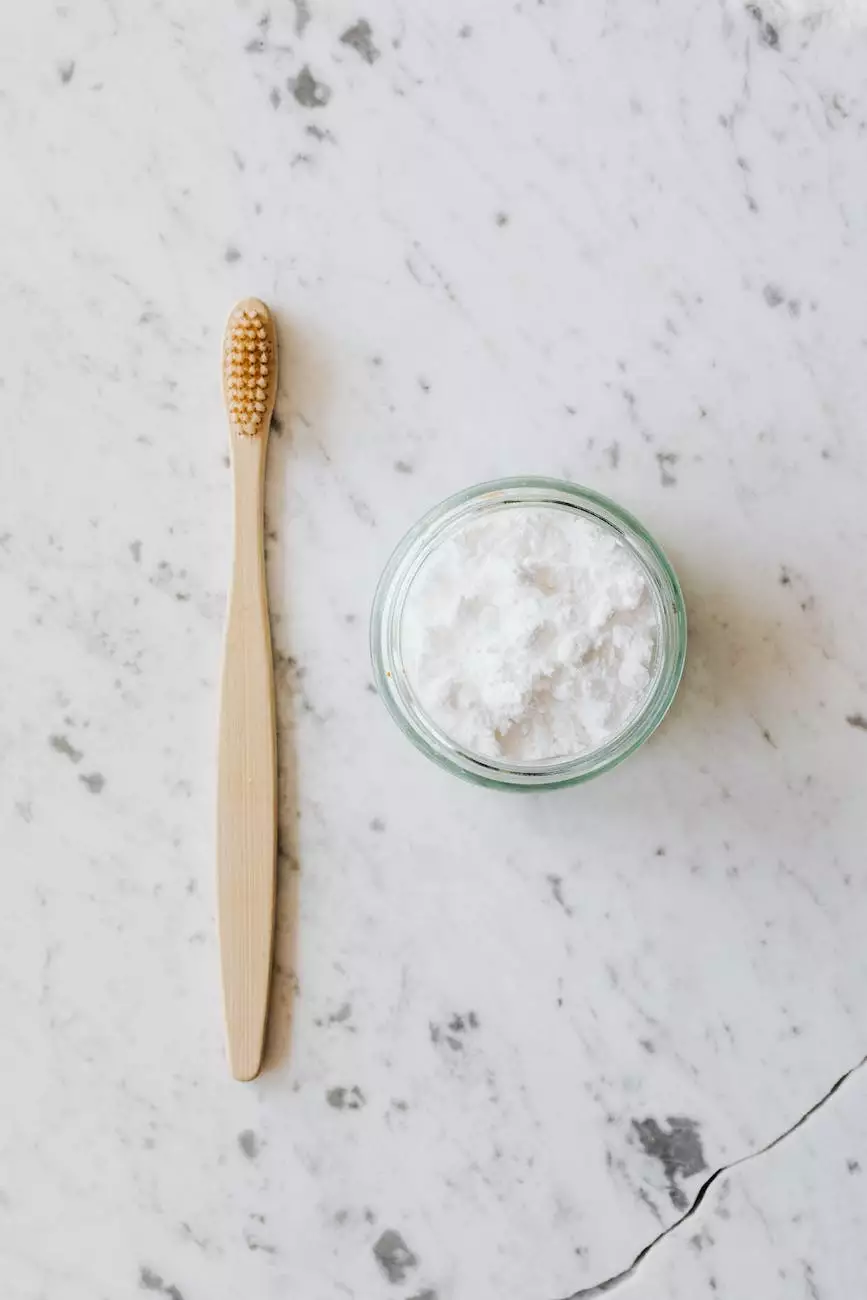3 Reasons Why Dental Fillings Fall Out
Blog
At Dental Home, we understand the importance of maintaining strong and healthy teeth. Dental fillings play a crucial role in restoring damaged teeth and preventing further decay. However, it's not uncommon for fillings to come loose or fall out over time. In this comprehensive guide, we will explore the top three reasons why dental fillings may fall out and offer preventive measures to ensure their longevity.
1. Poor Oral Hygiene
One of the primary reasons why dental fillings may fall out is poor oral hygiene. Failing to maintain proper dental care can lead to the accumulation of plaque and harmful bacteria on and around the filling. Over time, this can weaken the bond between the filling and your tooth, causing it to loosen and eventually fall out.
To prevent this from happening, it is essential to follow a consistent oral hygiene routine. This includes brushing your teeth twice a day with a fluoride toothpaste, flossing daily, and using mouthwash to remove any remaining bacteria. Regular dental check-ups and professional cleanings are also vital to ensure optimal oral health and the longevity of your dental fillings.
2. Tooth Decay and Recurrent Cavities
Another common reason for dental fillings to fall out is recurrent tooth decay or the development of new cavities around the filling. Even though a filling is meant to restore a damaged tooth, it is still susceptible to further decay if proper oral hygiene practices are not followed.
In some cases, the decay may develop beneath or around the existing filling, compromising its stability and causing it to dislodge. Regular dental examinations can help identify any signs of decay early on, allowing for prompt treatment to prevent additional damage to your tooth and filling.
Additionally, maintaining a balanced diet and limiting your intake of sugary foods and beverages can significantly reduce the risk of recurring cavities. By following good dental habits and making mindful dietary choices, you can help protect your dental fillings and maintain a healthy smile.
3. Weakening of Dental Fillings Over Time
As with any dental restoration, dental fillings can weaken over time due to wear and tear. The constant pressure from chewing and grinding can gradually weaken the filling material, making it more prone to dislodgement. This is especially true for older or larger fillings that have been in place for many years.
To prevent the premature failure of your dental fillings, it is crucial to avoid habits that put excessive stress on your teeth, such as using your teeth as tools or biting on hard objects. If you frequently grind your teeth, your dentist may recommend a custom-made mouthguard to protect your teeth and fillings from potential damage.
Regular dental visits allow your dentist to monitor the condition of your fillings and assess if any repairs or replacements are necessary. By addressing any concerns early on, you can ensure the longevity of your dental fillings and maintain optimal oral health.
Conclusion
Dental fillings are a reliable and effective treatment option for restoring damaged teeth. However, they may fall out or become dislodged if proper care is not taken. Maintaining good oral hygiene, attending regular dental check-ups, and avoiding habits that put excessive stress on your teeth are essential for the long-term success of your dental fillings.
At Dental Home, our experienced dental professionals are here to guide you on your journey towards optimal oral health. If you have any concerns about your dental fillings or require a dental examination, please schedule an appointment with us today. Together, we can ensure the longevity and effectiveness of your dental restorations.




